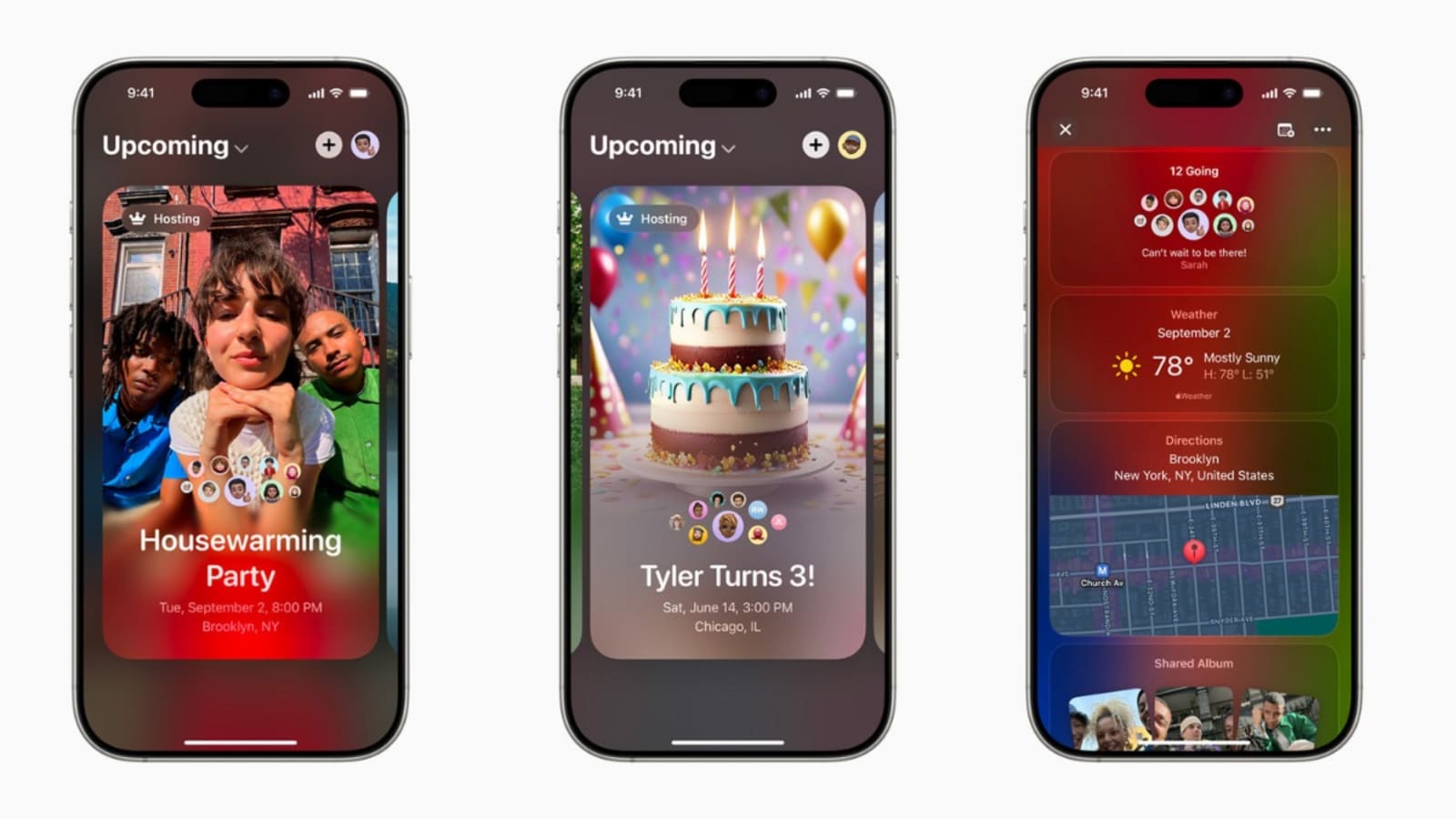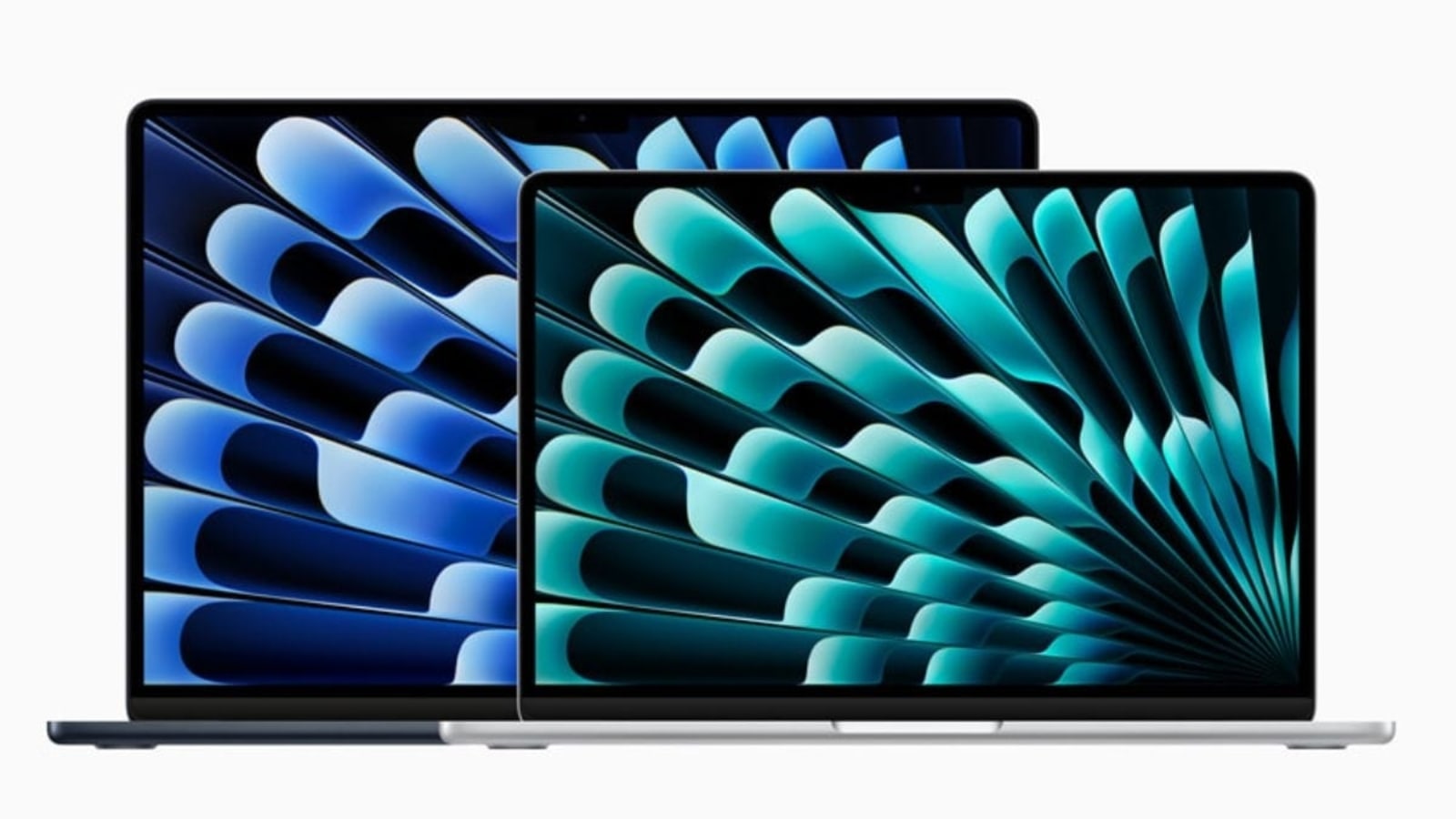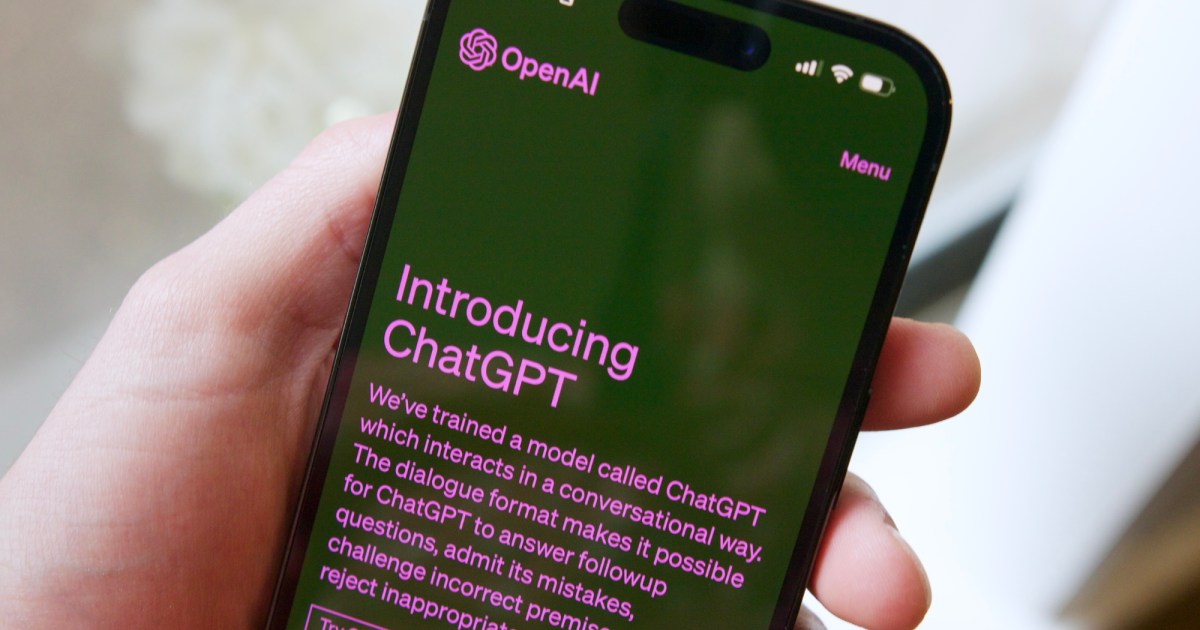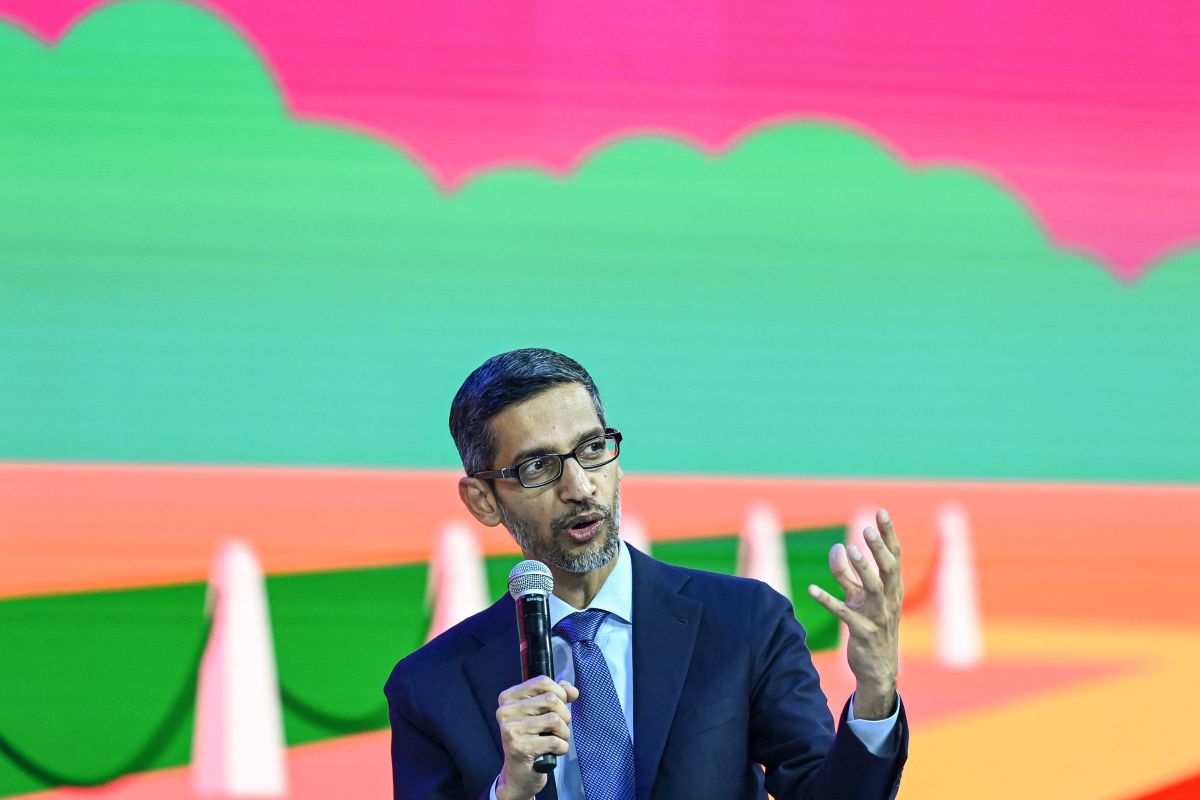ChatGPT Search just stepped into the ring, aiming straight at Google Search with its ability to gather real-time information from the web and cross-verify sources for better accuracy. More than that, instead of getting countless blue links and ads, you get the summarized answer right away saving you time. But can ChatGPT Search really beat Google Search?
So in this article, we put the tried-and-tested Google Search head-to-head with the new darling child of Silicon Valley ChatGPT Search across different search patterns. Let’s see if ChatGPT has what it takes to shake up the world of traditional search engines.

Note: In all the images below, ChatGPT is on the left and Google Search results are on the right.
1. General Searches
We started our Google Search vs ChatGPT Search comparison with a few general searches we typically do on Google daily. One example is, “What is the name of the frog in Tom Holland’s mouth?”

As you can see from the results, ChatGPT accurately provides information for most general queries, comparable to Google. Additionally, ChatGPT includes video links, tables, stock graphs, code snippets, etc., when relevant to the answer. Although Google recently started displaying an AI-generated summary at the top of its search results, it is often incomplete information or occasionally delivers inaccurate details.
When an AI-generated result isn’t available, we often have to open a web link and scroll through a random article to find the answer. So, ChatGPT takes an easy win for general day-to-day quick queries.

However, in some queries, Google still proves useful with its snippets, widgets, and knowledge base integrated into search results. Overall, ChatGPT offers more consistent results with less need to open additional web links.
Winner: ChatGPT
2. Complex and Deep Searches
Sometimes, we need in-depth information rather than quick answers like weather or scores. It can be for educational purposes, learning a new skill, or understanding the full details around a topic. Summaries are not be enough in these cases. Let’s see how ChatGPT and Google handle such queries in action.
Google’s AI-generated answers often struggle to provide comprehensive information in this category, frequently delivering incomplete responses. As a result, I found myself relying on web results, which did an amazing job allowing me to dive deeper. ChatGPT, on the other hand, generated detailed and often complete answers which were better than Google. There were citations and sources to dive deep into web results like on Google if need be.

The real advantage of using ChatGPT is that you can ask it to explain something in a way that’s easy to understand and comprehend. For example, if you’d like a simpler explanation or prefer to see data in a table format, simply request it and ChatGPT will regenerate the data/information in the required format. Google Search cannot provide this level of customization.

Winner: ChatGPT
3. Real-Time Searches
Sometimes, we search for real-time information like weather details, stock prices, the latest news, flight status, live scores, etc. Until recently, ChatGPT used to struggle in this area even with internet access. However, one advantage of the ChatGPT’s new Search update is real-time information. So, let’s see how it stacks up against Google, which has always excelled with real-time search results.
Google and ChatGPT do a decent job of providing answers for most news type queries. If Google couldn’t generate an AI answer, it still delivered relevant search results. While they occasionally struggle, the consistency is more or less the same on both platforms.

However, Google still holds an advantage because of widgets. For example, when I searched for flight status, Google not only provided a clean widget to display the information but also included additional details, all with accurate data—unlike ChatGPT.
ChatGPT used the official airline website as a source, the result were still incorrect. While ChatGPT may show widgets for weather, sports, stocks, etc., Google, as the more mature service, still outperforms ChatGPT in this area.

Winner: Google
4. Step-by-Step Explanations
Google shows amazing results if you’re looking for a recipe or a troubleshooting tutorial. But let’s see how ChatGPT performs in this area. When there’s a dedicated article online, ChatGPT often offers a more thorough, step-by-step process than an AI-generated response with images, giving Google an easy win here.
However, if there’s no dedicated article on a topic, AI-generated answers can still gather information from videos or combined sources to provide the steps. For instance, there’s no specific article for “How to transfer data from Android to iPhone using the Local Send app” in Google’s search results. But both ChatGPT and Google’s AI Overview provided a detailed step-by-step process.

While ChatGPT provided more accurate steps than Google in some of our tests, it often gets the links wrong. For example, in the image above, the Google Play Store link doesn’t work, and the App Store link opens the “Ice Cubes for Mastodon” app instead of Local Send.
Winner: Google
5. Websites/Downloads
Whether it’s to download an app, Chrome extension, or any file, we typically search for it on Google. We also use Google to find random websites rather than typing the URL directly into the address bar. However, as mentioned, ChatGPT often struggles with links. While it occasionally provides correct links, sometimes they don’t work at all. Google is better in this aspect too.
Winner: Google
6. Personalization/Recommendations
ChatGPT has a memory feature that can remember your preferences based on past conversations. So in theory, it should be able to make suggestions and generate results based on it. However, in reality, ChatGPT cannot access this memory cache when searching online. So it doesn’t personalize responses based on saved information. In terms of personalization, this makes it similar to Google.
In the example below, ChatGPT already knows I love Sci-Fi movies based on memory and previous chats. But when I asked it to suggest movies, it didn’t take that preference into account. Google, on the other hand, is at least marginally better here, as it can surface forums, blog, and social media posts that reflect popular preferences. Also, the number of recommendations Google generates is significantly more than mere suggestions ChatGPT gives.

Both Google and ChatGPT can make location-based suggestions. For example, if you ask for “places to visit in my city,” they can use your location to provide relevant recommendations. However, ChatGPT’s location tracking isn’t as precise, so if you ask for “places to eat nearby,” it may not suggest options that are close by—something Google handles with ease.
Winner: Google
7. Not on Web
Not all questions have answers readily available on the web. When asking highly personalized questions, you may end up with search results that don’t directly address your query. But with AI in both ChatGPT and Google, let’s see how these searches are handled on each platform.
I asked questions ranging from health to finance. ChatGPT was a clear winner here, while Google provided whatever is available online without further data processing. For example, I asked both search tools to calculate the investment growth after 20 years with $500 monthly at an 8% annual return. ChatGPT used the future value formula, applied it to the details provided, and gave me the exact answer.
Google, however, only displayed the formula and estimated a value of over $220,000. This is true for most searches, as Google’s AI overview isn’t designed to generate information that isn’t already available on the web.

One exception is when I asked both services to generate a Python script to connect with my proprietary API, providing enough details. Both ChatGPT and Google delivered a working code, even though such code was unavailable on the web.

Winner: ChatGPT
8. Image Search
Search isn’t just limited to information and links; we may also want to find images for inspiration or professional needs.
In this area, while ChatGPT can pull some images from the web, it doesn’t come close to what Google offers. ChatGPT can summarize information and provide accurate answers, image search is effective only when a service can display a variety of results for users to choose from. You can open source links for additional images, but this is a tedious process and doesn’t guarantee you’ll find the image you need, ultimately making me turn back to Google.

Google also has dedicated tabs for videos, shopping products, flights, maps, and more, making it easier to find specific content types.
Winner: Google
ChatGPT Search vs Google Search
While Google might technically win across more categories, for most everyday searches—whether general queries or deep dives into specific topics—ChatGPT has a clear edge. That said, Google has its own set of strengths, especially when it comes to recommendations and images where having more options to choose from really helps.
With ChatGPT, you lose the experience of exploring the web. For example, if you open a recipe site for one recipe, you’re likely to find more recipes you’d want to try later. ChatGPT gives you the info you need right away, but Google sometimes brings up useful insights you didn’t even think searching for.
Both Google Search and ChatGPT has its pros and cons, and it ultimately comes down to whether you want direct answers or enjoy discovering new things as you browse.
Read the guide below if you prefer to switch to ChatGPT:

Ravi Teja KNTS
From coding websites to crafting how-to guides, my journey from a computer science engineer to a tech writer has been fueled by a passion for making technology work for you. I've been writing about technology for over 3 years at TechWiser, with a portfolio of 700 articles related to AI, Google apps, Chrome OS, Discord, and Android. When I'm not demystifying tech, you can find me engrossed in a classic film – a true cinephile at heart.



















 English (US) ·
English (US) ·